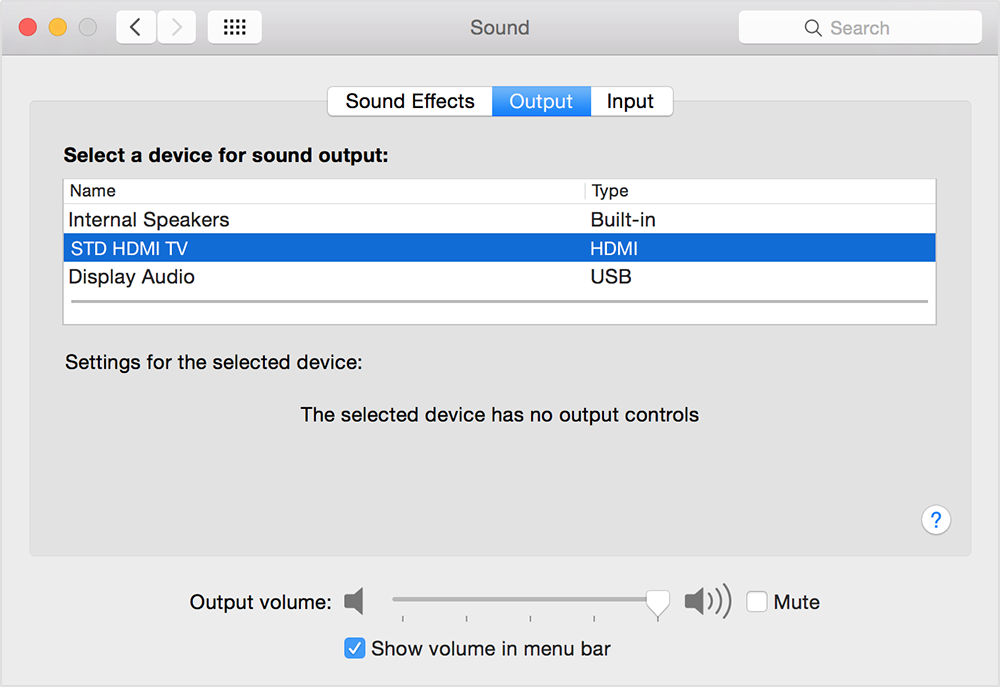
- #CHEKC OPEN PROT ON MACBOOK INSTALL#
- #CHEKC OPEN PROT ON MACBOOK PORTABLE#
- #CHEKC OPEN PROT ON MACBOOK MAC#
Should look like this: rsync:///macports/release/tarballs/ports.tar Ĭhange it to point to the working copy you checked out: file:///opt/mports/macports-ports opt/local/etc/macports/nf in a text editor. Check out the ports tree from git: $ cd /opt/mports $ git clone This step is useful if you want to do port development. (Optional) Configure MacPorts to use port information from Git
#CHEKC OPEN PROT ON MACBOOK INSTALL#
configure -enable-readline $ make $ sudo make install $ make distclean configure to relocate MacPorts to another directory if needed. MacPorts uses autoconf and makefiles for installation. $ mkdir -p /opt/mports $ cd /opt/mports $ git clone $ cd macports-base $ git checkout v2.7.2 # skip this if you want to use the development version

Will create /opt/mports/macports-base containing everything needed for opt/mports will be used, but you can put the source anywhere. Pick a location to store a working copy of the MacPorts code. Input/output, file text, and other special text types. The following notational conventions are used in the MacPorts Guide to distinguish between terminal Mainly used to set up mirrors and generate support files for installations on macOS. MacPorts base can be compiled on Linux (and possibly other POSIX-compatible systems) where it is
#CHEKC OPEN PROT ON MACBOOK PORTABLE#
MacPorts is developed on macOS, though it is designed to be portable so it can work on other Unix-like systems,Įspecially those descended from the Berkeley Software Distribution (BSD). On remote computers without compiling from source code. Your operating system and its vendor-supplied software to prevent them from becoming corrupted.Īllows you to create pre-compiled binary installers of ported applications to quickly install software Provides for uninstalls and upgrades for installed ports.Ĭonfines ported software to a private “ sandbox” that keeps it from intermingling with
#CHEKC OPEN PROT ON MACBOOK MAC#
In this example, the 1st line exhibits a connexion from my Mac towardġ7.172.233.109, which a further: whois 17. automatically any required support software, known as dependencies, for a given port. To see both servers listening, and connections already established in both directions. …without any added filtering, so as to get the correct headers, and Tcp4 0 0 localhost.773 localhost.63173 ESTABLISHED Tcp4 0 0 localhost.63173 localhost.773 ESTABLISHED Tcp4 87 0 my_iMac_at_home.63429 .http ESTABLISHED Tcp4 58 0 my_iMac_at_home.63452 .http ESTABLISHED Tcp4 116 0 my_iMac_at_home.55478 .http ESTABLISHED Tcp4 87 0 my_iMac_at_home.55481 .http ESTABLISHED

Proto Recv-Q Send-Q Local Address Foreign Address (state) The simplest method is to use netstat: $ netstat -ap tcpĪctive Internet connections (including servers)

pid: 71 name: /Applications/Pritunl.app/Contents/Resources/pritunl-service Proto: tcp4 addr.port: *.58640 pid: 320 name: /usr/libexec/rapportd Proto: tcp6 addr.port: *.58640 pid: 320 name: /usr/libexec/rapportd pid: 67931 name: /Applications/electerm.app/Contents/Frameworks/electerm Helper.app/Contents/MacOS/electerm Helper pid: 70043 name: /Applications/IntelliJ IDEA.app/Contents/jdk/Contents/Home/jre/bin/java Proto: tcp4 addr.port: 127.0.2 pid: 70043 name: /Applications/IntelliJ IDEA.app/Contents/jdk/Contents/Home/jre/bin/java Proto: tcp4 addr.port: 127.0.3 pid: 70043 name: /Applications/IntelliJ IDEA.app/Contents/jdk/Contents/Home/jre/bin/java

Proto: tcp4 addr.port: 127.0.9 pid: 70065 name: /Applications/IntelliJ IDEA.app/Contents/jdk/Contents/Home/jre/bin/java Proto: tcp46 addr.port: *.61992 pid: 70065 name: /Applications/IntelliJ IDEA.app/Contents/jdk/Contents/Home/jre/bin/java Proto: tcp4 addr.port: *.61993 pid: 70043 name: /Applications/IntelliJ IDEA.app/Contents/MacOS/idea Proto: tcp46 addr.port: *.62085 pid: 70078 name: /Library/Java/JavaVirtualMachines/jdk1.8.0_162.jdk/Contents/Home/bin/java Proto: tcp46 addr.port: *.62070 pid: 70078 name: /Library/Java/JavaVirtualMachines/jdk1.8.0_162.jdk/Contents/Home/bin/java Proto: tcp46 addr.port: *.62087 pid: 70078 name: /Library/Java/JavaVirtualMachines/jdk1.8.0_162.jdk/Contents/Home/bin/java Proto: tcp46 addr.port: *.35729 pid: 70078 name: /Library/Java/JavaVirtualMachines/jdk1.8.0_162.jdk/Contents/Home/bin/java pid: 70078 name: /Library/Java/JavaVirtualMachines/jdk1.8.0_162.jdk/Contents/Home/bin/java It'd be interesting to see other opportunities to make this nicer/slimmer. I have a small collection of these convenience functions in a file that I source from ~/.bash_profile, or ~/.zshrc. So, this is what I quick put together: netstat -Watnlv | grep LISTEN | awk '' | column -t -s "|" I read other questions/answers offering lsof* and netstat* on MacOS, and I still wanted something with more compact output. First, I'm not a BSD expert, but like the OP I wanted the rough equivalent of running the following on a *nix box, or something close: netstat -tulpn


 0 kommentar(er)
0 kommentar(er)
